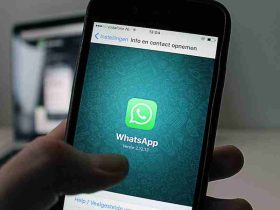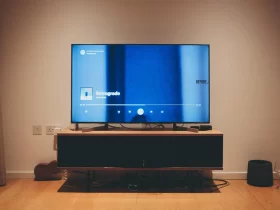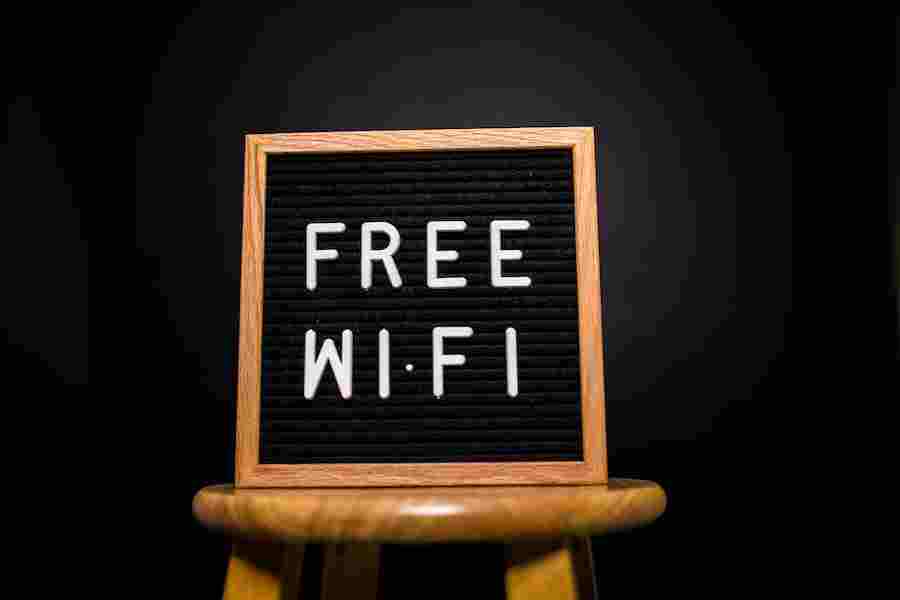In today’s world, it’s almost impossible to get through the day without some sort of internet connection. Whether for streaming shows, making video calls, or just accessing information, WiFi and data are two of the most popular ways to get online. But which one is better for your device’s battery life? Does WiFi use more battery than data? In this article, we’ll take an in-depth look into the pros and cons of both WiFi and data to help you decide which option is best for your device and your battery.
Does WiFi Use More Battery Than Data?
There is no definitive answer to this question, as it depends on how you use your phone and what type of data connection you have. However, generally speaking, WiFi uses more battery than data because it requires more power to maintain a connection.
What Is WiFi And How Does It Work?
WiFi, short for Wireless Fidelity, is a type of wireless network connection. It is a technology that allows devices to connect to the internet without using a cable. This is done by creating a network that allows devices to send and receive data to each other. The internet connection is transmitted via radio waves. These radio waves are sent out by a WiFi router and are then picked up by the WiFi-enabled devices in the area. These devices then send and receive data to the internet via the WiFi router. And because it’s wireless, this means that you don’t have to be near the router to access the internet. WiFi can be used on a variety of devices like laptops, tablets, smartphones, smartwatches, and even gaming consoles.
What Is Data, And How Does It Work?
Data is another type of internet connection. It is what allows devices that are connected to WiFi to access the internet. Data connections are created by mobile providers and can be sent to your device through either WiFi or through a cellular network. For the WiFi to send the data to your device, it has to be connected to the internet. Some devices even have the ability to let you send data through a WiFi network, so a WiFi connection isn’t even necessary. Data networks can be accessed by a variety of devices like laptops, tablets, smartphones, smart watches, gaming consoles, and even appliances.
Really WiFi Use More Battery Than Data?
- WiFi connections use more battery than data connections because they rely on wireless signals to connect. Data connections use the internet via a wired connection.
- WiFi can also consume more battery if you’re streaming content or are connected to a network that is using a lot of data.
- Overall, WiFi connections use more battery than data connections, but it depends on the individual and the type of content that they’re streaming.
- It’s important to have a strong password for your WiFi network and to be aware of the security risks associated with not having a secure network.
- It’s also important to be aware of the ways that you can save battery life on your device by disabling features that you don’t use.
Conclusion
Using WiFi is convenient and easy, but it also uses more battery than data. Data is a fast connection but also drains your device’s battery quickly. It’s best to use both WiFi and data when you’re out and about. Use WiFi when you have a strong connection and data when you don’t have WiFi in the area you’re in. And if you have a device with a large battery, you can use WiFi as much as you want.
















